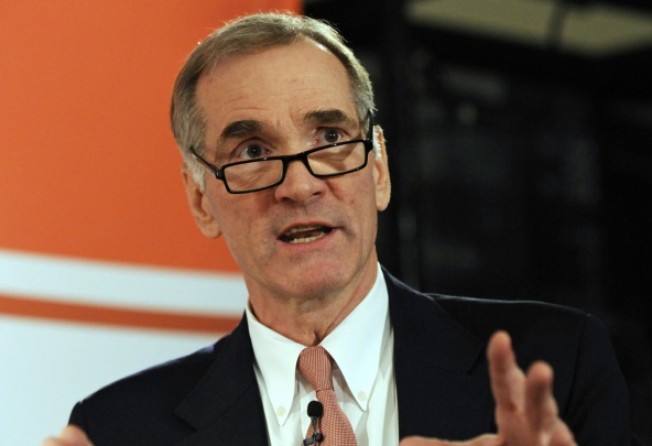Why you should avoid corporate bonds
Top strategist's concerns that issuers' interests don't align with those of investors should cool our enthusiasm for the latest debt offering

As a father I am fortunate to have some insight into the latest jargon and this includes "this is the way we roll". In the investment area there is no other way to describe the current environment for debt issuance. You cannot pick up a newspaper today without another chart of record debt issuance, whether by region, type of issuer, type of debt, or currency.
Debt issuance is clearly on a roll. And with interest rates at rock bottom and soundly negative when you factor in inflation, it's like you're getting paid to issue debt. As interest rates rise in the future that's an added bonus: if you issued debt with low single-digit coupons you can buy it back later at a significant discount.
So it's no surprise that debt issuance is breaking all kinds of records and high-yield bonds are yielding rates that might be considered silly. But it gives rise to a few questions: who is buying? And why?
Firstly, I will tell you who is not buying. In addition to those who feel they're not getting adequately compensated for the risks of inflation, rising interest rates, and counterparty credit risk, there is surprisingly very little mention in the press about a high-profile investor who avoids investing in debt: David Swensen, chief investment officer of the Yale Endowment. Swensen has been at the helm of the US$19.3 billion investment fund linked to Yale University for more than 25 years, racking up a track record of investment portfolio performance that many regard as exceptional. For example, according to the endowment's latest annual report, the compounded return over the past decade has been in the top 1 per cent of large US institutional investors. The endowment's annualised return over the past 20 years has averaged 13.7 per cent.
With all of the resources available to the endowment, surely there is sufficient budget to hire a small army of debt analysts to advise on what bonds and other fixed income to purchase for investment. Yet the endowment report mentions that investments in fixed income account for only 3.9 per cent of total assets. It doesn't take a rocket scientist to figure out that something's amiss. In other words, Swensen has a serious level of brain and financial firepower at his disposal yet he has opted to almost completely avoid investing in fixed income.
Luckily, investors can find hints as to why this is the case. For example, according to Swensen's Pioneering Portfolio Management, published in 2000, debt issuers have no incentive to see their debt prices rise. It's obvious in the case of equities that both management and investors want stock prices to rise. But if prices of debt decline, management is happy to buy it back at a discount and save themselves a bundle. In Swensen's mind this drives a wedge between the goals of fixed income investors and its issuers. Whether you agree with this line of thinking or not, there's no arguing with Swensen's performance results. And with interest rates at these levels it behooves us to consider better ways to invest our money rather than clipping bond coupons while always worrying about rising rates, inflation and weakening corporate balance sheets.
As to who is buying all of this debt and why, I suspect that the answer is ordinary investors who view such investments as better than getting zero at the bank. However, Swensen's concerns about conflicts of interest give pause for thought, and should help us resist the temptation to invest in the latest bond just because it's better than nothing.
Robert Jones is head of FCL Advisory, which advises family offices and wealthy individuals